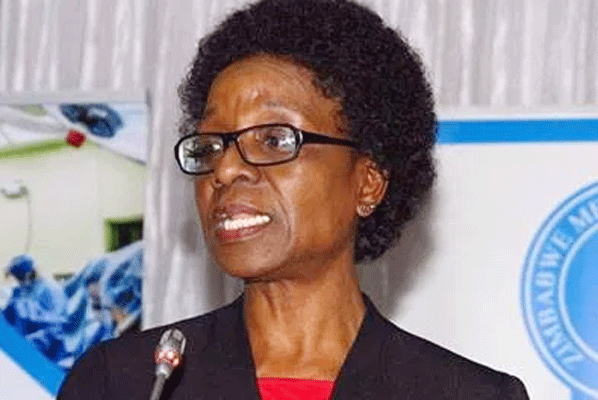
By Nkululeko Sibanda
Tsholotsho villagers are living in fear of contracting the coronavirus as locals based in South Africa freely travel in and out of the country using illegal entry points.
For the past two months, Zimbabwe and South Africa have maintained strict lockdowns that restrict the movement of people.
The two countries also shut down their borders as part of measures to slow down the spread of the flu-like disease, but this has not stopped Zimbabweans from travelling to South Africa.
The immigrants, known locally as injiva, are said to be involved in smuggling activities through illegal entry points along Zimbabwe’s borders with Botswana and South Africa.
In Tsholotsho, Matabeleland North, the immigrants are said to be in the habit of sneaking into the country to attend family events such as funerals.
Villagers told Sunday Southern Eye that they were in danger of contracting the virus that causes the Covid-19 diseases because of the regular migration.
South Africa is one of the Covid-19 hotspots in Africa and several Zimbabweans returning from that country held at isolation centres have tested positive for the disease in recent days.
- Chamisa under fire over US$120K donation
- Mavhunga puts DeMbare into Chibuku quarterfinals
- Pension funds bet on Cabora Bassa oilfields
- Councils defy govt fire tender directive
Keep Reading
There are also cases of Zimbabweans, who recently returned from Botswana that have tested positive of the disease.
Malumuli Nkomo from the Sipepa area of Tsholotsho said it was disturbing that some Zimbabweans still travelled to and from South Africa while evading screening by health authorities.
“We know that many people are dying across the world, but here in Tsholotsho it is business as usual,” Nkomo said.
“This has created a situation where we are all, as a community, at serious risk of contracting the virus because the regulations to combat the pandemic are not being adhered to.”
Patricia Dube from Zibungululu said many people from her village, who are based in South Africa were violating the lockdown regulations.
“We have seen many of our neighbours, who stay and work in South Africa visiting their relatives here,” Dube said.
“We have always wondered how they manage to travel when there are lockdowns in South Africa and in Zimbabwe.
“Some of these returnees boast that they use illegal entry points between Zimbabwe and South Africa.
“They even boast that they use money when in Zimbabwe to bribe police officers at various roadblocks to get safe passage.”
Makheyi Sibanda from Dlamini urged authorities to intervene to prevent mass infections in the district.
“Here in Tsholotsho people do not generally care a lot about this Covid-19 issue,” Sibanda said.
“They live life as if everything is normal. We have had instances where people do not follow the social distancing guidelines.
“You will find that in some cases, people attend funerals in their numbers against the 50 people stipulated in the regulations that the government has put in place.
“Our village heads know about these things, but they also ignore such issues.
“I think that basic education around this coronavirus pandemic has not really reached places like Tsholotsho to a point where people really understand what this is all about.”
Cabinet last week resolved that government must intensify security along Zimbabwe’s borders to stem the illegal immigration.
Traditional leaders “were also enjoined to report known illegal returnees to authorities”.
Agnes Mahomva, the chief coordinator for the Covid-19 response programme in the President’s Office, said the government was working with law enforcement agents to stop the illegal immigration.
“The Ministry of Health is working closely with the law enforcement agents that are enhancing patrols along the borders as well as working closely with communities,” Mahomva said.
“The ministry of Health and ministry of Information are also engaging and empowering communities on all aspects of prevention and general management of Covid-19.”
Nick Mangwana, the government spokesperson, said it was up to the communities to stop the illegal immigration, which he described as a national problem.
“The challenge of border jumpers is a national problem and threat,” Mangwana said.
“Even in an area as far as Chivi, that problem exists. It is incumbent upon communities in these areas to ensure that anyone, who is new or visiting areas through the quarantine process.
“If they let them go scot-free, the community is the one that is placing itself at greater risk of the coronavirus.
“Should there be anyone, who is not a regular in the area, members of the community must report that person to the police who will eventually take them to the quarantine centres for the usual procedure.”










